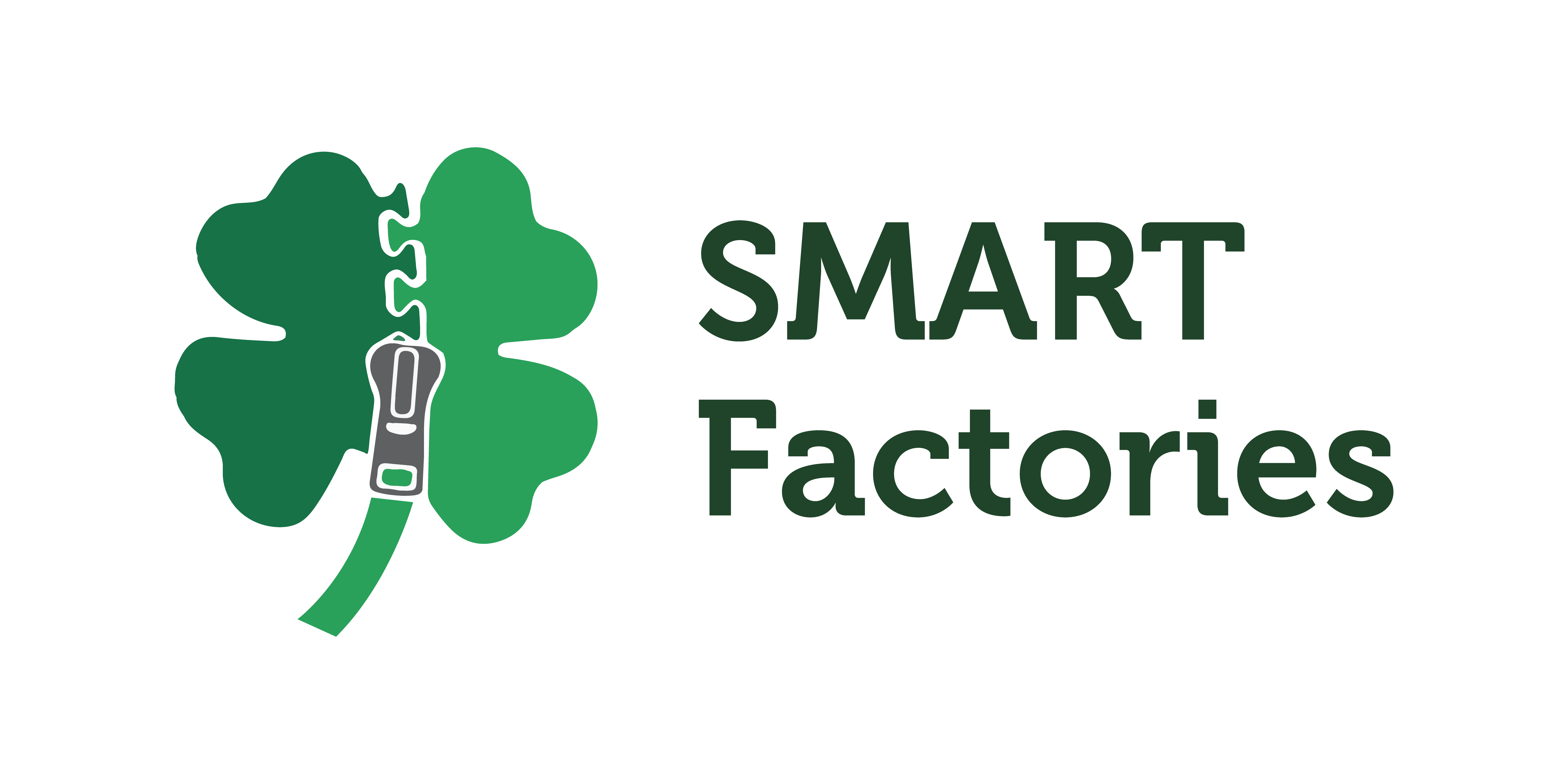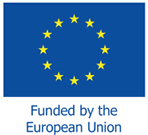Yangon, September 15, 2015 In a country that is still very much a cash economy most people are unfamiliar with the term “Green Financing”. But that does not mean that they are not interested in such a concept when it is made known to them. SMART Myanmar, a EU funded project that actively promotes sustainability, received a very good feedback when introducing the principles of “Green Financing” to its local partner organizations and the Myanmar Banking Association. During periods of reforms in the financial sector such knowledge is quite valuable.
In a country that is still very much a cash economy most people are unfamiliar with the term “Green Financing”. But that does not mean that they are not interested in such a concept when it is made known to them. SMART Myanmar, a EU funded project that actively promotes sustainability, received a very good feedback when introducing the principles of “Green Financing” to its local partner organizations and the Myanmar Banking Association. During periods of reforms in the financial sector such knowledge is quite valuable.
The banking system we take for granted in most countries with easy loans, financial products, interbank operations and credits are virtually non-existent in Myanmar. The country is still very much a cash economy. ATM machines and the use of credit cards are a relatively new development. Myanmar is still working on a real credit system and there is no proper corporate banking. A collateral loan in which the asset is pledged as collateral, and not the borrower's creditworthiness, is the ultimate source of repayment. Businesses cannot get loan repayment plans of longer than one year. True, they are rolled over but it means the central plank for corporate borrowing -- a realistic repayment schedule – does not exist.
As early as February 2014, SMART Myanmar, a project that actively promotes and supports sustainable consumption and production in Myanmar, introduced the topic “Green Financing” to its local partner organizations: the Myanmar Garment Manufacturing Association (MGMA) and the chamber of commerce and industry (UMFCCI). The Association of Development Financing Institutions (ADFIAP), a partner of the EU grant-funded SMART Myanmar project, conducted a seminar-workshop on the principles of “Green Financing” and Sustainable Consumption and Production (SCP). The rather general seminar was complemented by a more specialized seminar-workshop on “Green Financing for Banks” for the members of the Myanmar Bankers Association (MBA). ADFIAP shared experiences and best practices on green financing initiatives undertaken by ADFIAP-member banks for possible replication. None of the 33 participants representing 19 Myanmar financial institutions was aware of the concept of “Green Financing” but the interest was high.

“Green Financing for Banks” for the members of the Myanmar Bankers Association (MBA) on February 17-19, 2014
Subsequently, the topic was also included in the five-day “Study Mission on Corporate Social Responsibility (CSR) and Sustainable Consumption and Production (SCP) in Germany” in March 2014. The delegation consisted of the 12 most important stakeholders from the partner BMOs MGMA, UMFCCI and MBA as well as representatives of relevant national ministries. The group was introduced to green finance schemes and various support options for SMEs during a meeting with the GIZ and GFA Consulting Group, companies specialized in international development. The meeting ended in a lively discussion.
One might say that it may be too premature to discuss “Green Financing” with stakeholders in Myanmar because of the serious under-development of the banking sector but the interest of the participants in the seminars and the study mission tells a different tale.
Green finance is an arena for many participants, including individual and business consumers, producers, investors, and financial lenders. Green finance can be expressed differently depending on the participant, and it may be led by financial incentives, a desire to preserve the planet, or a combination of both. In addition to demonstrating proactive, environmentally friendly behavior, green finance is about avoiding the promotion of any business or activity that could be damaging to the environment now or for future generations.
The key stakeholders of the project, i.e., the chamber of commerce and industry, the garment association, banks and manufacturers found these various aspects very interesting and the knowledge about it useful because the banking situation and legal framework in Myanmar is evolving quickly.
The authorities are currently committed to modernize Myanmar’s financial sector and expand access to finance in the country, notably to SMEs and rural populations (about 70% of the total) as these have been disproportionately affected by the lack of financial infrastructure and pervasive regulations.
It's a first step, but for Myanmar a first step in the right direction is critical, as it gets ready to be part of a global integrated financial system. The government has prepared a roadmap to modernize the financial sector. This includes strategies to foster monetary development with a new foreign exchange management law; further open the banking sector to foreign participation; and develop the country’s capital market with the launch of a stock exchange. Eventually, “green financing” will also play a role in further development and SMART Myanmar helped its partners to be informed and prepared at an early stage.
If you like further information about the topic please contact:
SMART Myanmar Office
Ms Su Tayar Lin
Project Manager (Marketing)
Office: UMFCCI (11th Floor) N0.29, Min Ye Kyaw Swar Street, Lanmadaw Township, Yangon, Myanmar
Contact number: +95(9)5158286
Email: [email protected]
Website: www.smartmyanmar.org








